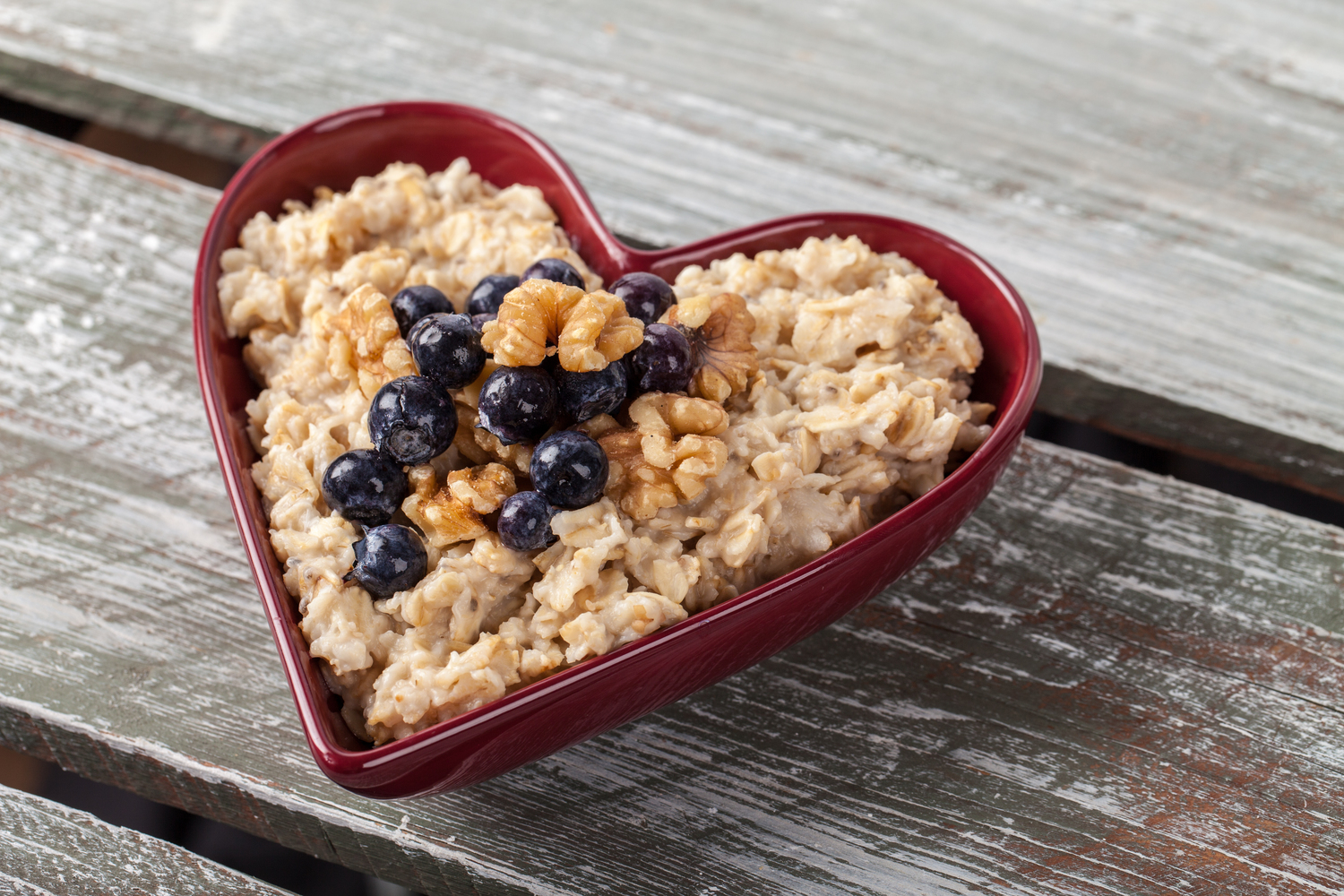
6 Foods That Keep And Bowel Disease GERD At Bay
Gastroesophageal reflux disease (GERD) is a common digestive disorder that occurs when stomach acid flows back to the esophagus, a tube that connects the stomach with the mouth. This acidic reflux results in irritation on the lining of the esophagus. The condition usually occurs due to the malfunction of the lower esophageal sphincter (LES), a muscle responsible for keeping the stomach acid at bay. In more serious cases, digestive related symptoms may indicate a more serious bowel disease that requires treatment.
In normal conditions, LES relaxes to allow food to flow into the stomach and closes up to prevent flow-back. Many individuals suffering from the condition experience heartburn, difficulty swallowing, chest pains, sour liquid, regurgitation of food, and a lump in the throat. In extreme cases, patients may experience disrupted sleep, laryngitis, chronic cough, and worsening asthma. Treatment medication, such as Nexium heartburn medication, may reduce the symptoms significantly. Also, people asking what’s causing my heartburn should try out these foods:
1. Ginger
Ginger is known for its anti-inflammatory properties. Medics refer to ginger as a natural treatment for GERD and other digestive properties. In most cases, GERD happens due to the inflammation of the lower esophageal sphincter muscle. Ginger reduces inflammation and reduces the likelihood of stomach acid flowing back to the esophagus. Thus, adding a few slices of ginger to your recipes or drinking ginger tea helps ease the symptoms.
2. Oatmeal
Oatmeal is a whole grain breakfast meal that is rich in fiber. Foods rich in fibers help in reducing acid reflux. Additionally, such foods help in overall digestion by preventing constipation and promote intestinal health. Additionally, experts associate oatmeal with the absorption of acid from the stomach and other foods. Thus, including oatmeal in your breakfast meal significantly reduces GERD symptoms.
3. Low acid or noncitrus fruits
GERD is commonly caused by acid reflux to the esophagus. This happens when the LES muscle dysfunctions or when there is an excess of acid in the stomach. Fruits such as oranges, lemons, grapes, tomatoes, lime, salsa, and pineapples are highly acidic and are likely to trigger reflux symptoms. Thus, to manage the symptoms, you should eat noncitrus fruits such as bananas, apples, melons, and pears.
4. Lean meat and seafood
Lean meat and seafood contain low fats and are a good source of protein. Moreover, they reduce GERD symptoms significantly. Foods containing high quantities of fats delay stomach emptying, which is a common risk factor for GERD. Conversely, lean meat and seafood contain low quantities of fat. Individuals are advised to prepare seafood and meat when grilled.
5. Egg whites
Egg whites are a good source of protein and contain low quantities of fat. It reduces GERD symptoms significantly since egg whites are easily digested. People with GERD symptoms should avoid egg yolks regardless of their beneficial vitamins and minerals. Yolks contain high quantities of fat, which is a common risk factor that triggers reflux symptoms.
6. Healthy fats
Sources of healthy fats such as walnuts, avocados, olive oil, sunflower oil, flaxseed, and sesame oil reduce GERD symptoms significantly. They are easy to absorb and digest.
Medical experts associate GERD with a disorder known as hiatal hernia. Other risk factors include obesity, pregnancy, delayed stomach emptying, unhealthy lifestyle practices such as smoking and heavy alcohol consumption. GERD and bowel disease symptoms can be reduced significantly through medication—such as Stelara, Entyvio, Otezla, Kesimpta, and Linzess—or natural ways, through the foods highlighted.


